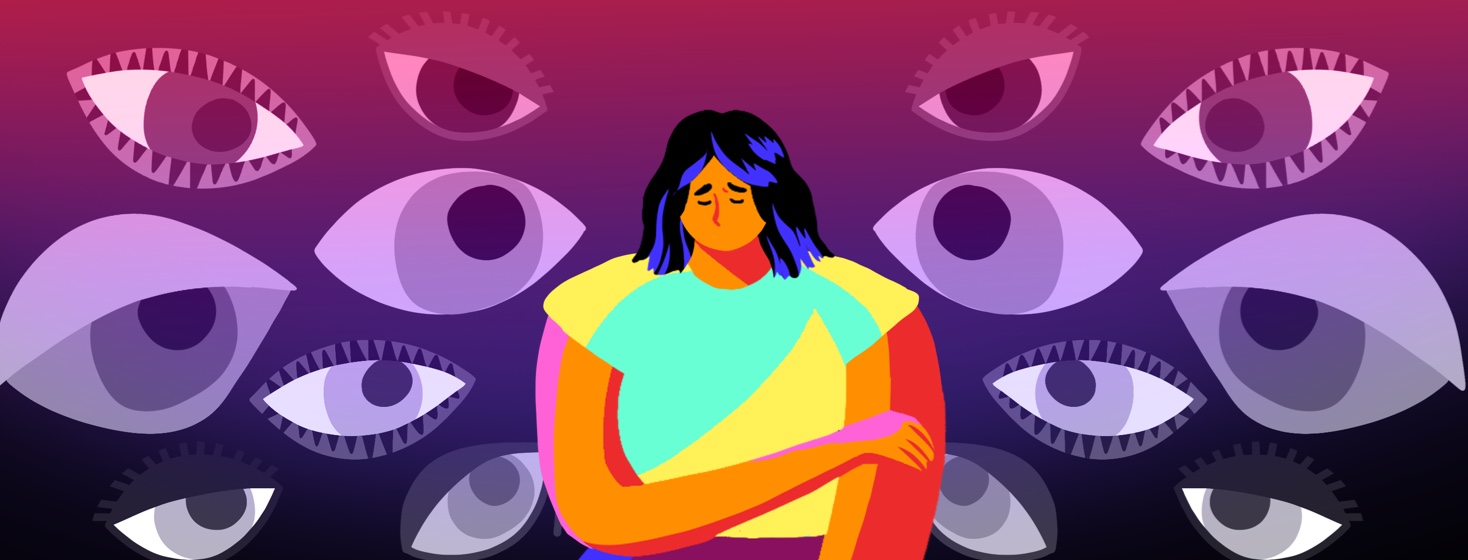Microaggressions and Misunderstandings
My name is Tatiana Corbitt and I have always struggled with my weight.
Growing up, I was called a little gordita, or little fat girl in Spanish. Though English speakers might immediately hear this translation and view it as an insult, it’s considered a term of endearment for overweight girls in Spanish. Regardless, I didn’t love the term. I was obese, insecure about my body, and I didn’t want people to talk about my body at all, let alone how big it was!
I looked so different
As a mestizo, mixed-race hispanic and caucasian, I looked so different from the depictions of young girls in media. They were fair-haired, with no body hair, and yes, skinny as rails.
Fast-forward to my college years, and I was still obese. But instead of being called "gordita," comments about my weight became more insidious and less endearing.
"You look like you eat a lot of cheeseburgers," said my classmate to me in our 400-level biostatistics course while waiting for our professor to show up. I was appalled - "I don’t even like cheeseburgers!" I blurted out to the room full of skinny, athletic, "normal" BMI-having college boys. They could never understand the struggle. At least, not then.
Experiencing microaggressions
I realize this was a microaggression, which marginalized groups like people of color experience, and also stigmatized groups like obese and overweight people can experience. It didn’t help that my weight gain in college was due to reasons outside of my control. When my narcolepsy symptoms onset in college, I found myself unable to feel satiated around food and started rapidly gaining weight. I would wake up, starving, in the middle of the night, so hungry that it was painful!
People made assumptions about my weight
As an obese person, I felt so misunderstood. People made assumptions that I was lazy. It felt awful to be treated like less than a person just because of the way I looked. And it made it harder to get diagnosed with and treated for narcolepsy, since medical professionals assumed that my extreme tiredness was associated with my weight. Living with a disability is hard, and it’s made harder by people that make assumptions about my weight and its relationship with my disability.
I am worthy of respect regardless of my weight
Once I finally started getting narcolepsy treatment, I started losing weight. I noticed such a difference in how strangers treated me. Cashiers looked me in the eye, men held doors for me, and people were generally more likely to interact with me in a positive way. It even made it easier to make friends! This really opened my eyes to the world and its unfair treatment of obese and overweight people.
I still struggle with my weight - sometimes I struggle to maintain it, other times I struggle to keep from gaining weight. And I am slowly trying to heal my relationship with food. But now I know that I am worthy of respect and care regardless of my weight, and that is a huge thing. Obese or not, I am beautiful inside and out. And so are you.

Join the conversation